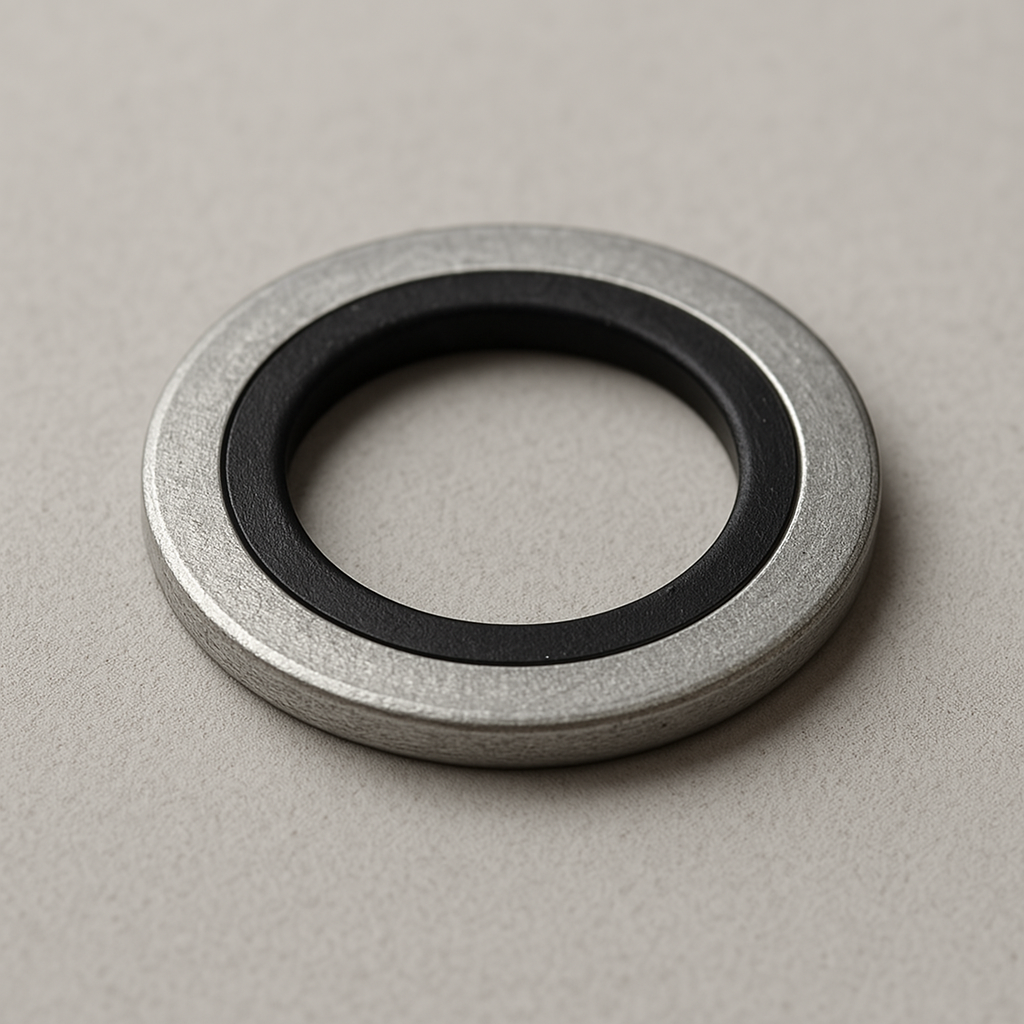Choosing the right washer can often be the difference between a high-performance machine and one plagued by maintenance issues. Engineers and project managers must understand both the functional and material requirements before selecting a washer type. For instance, if your project involves exposure to vibration, spring lock washers or wedge lock washers will be more effective than flat washers. When space constraints exist, a countersunk washer or a hex washer can help maintain a compact, flush assembly.
Shim washers should be selected when micrometric spacing is critical, such as in electric motors or precision gears. If fluid leakage is a concern, sealing washers offer a reliable seal against oil, gas, or hydraulic fluids. Tab washers and self-locking washers are excellent in rotating equipment, ensuring bolts don’t come undone. When surface protection is necessary, fender washers or square washers distribute the load across a wider surface, reducing wear. Always work with reliable washer manufacturers who can offer material certifications, compliance data, and product variety. Many shim washer manufacturers offer technical consultation, helping engineers specify the perfect washer for the application.


